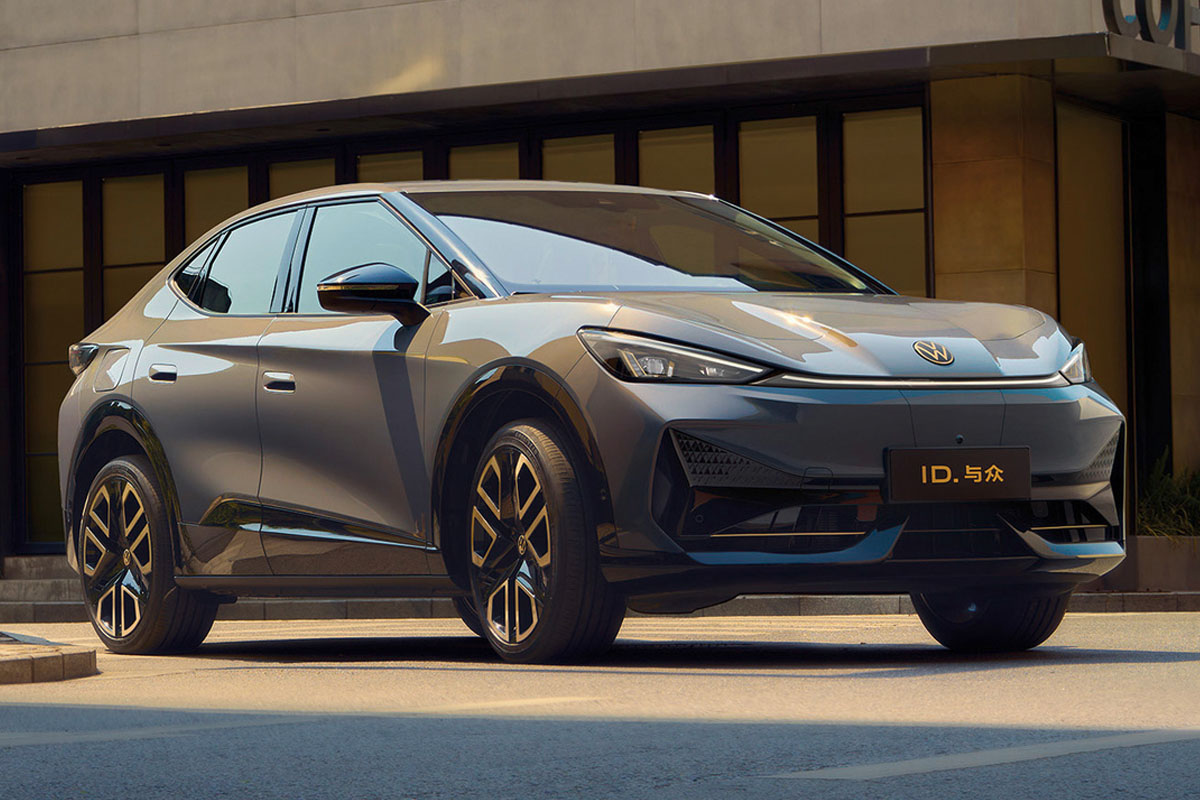Volkswagen Group cans MEB platform for India in favour of CMP
According to a new report from Autocar India, Skoda Auto Volkswagen India Private Limited (SAVWIPL) has dropped plans to localise MEB21, the upcoming FWD version of the MEB platform for the VW ID.2, VW ID.2 SUV, Skoda Epiq, and Cupra Raval. The company found this platform prohibitively expensive, and while it explored sharing it with Mahindra & Mahindra (M&M) to reduce costs, those discussions did not come to fruition.
Now, SAVWIPL reportedly plans to localise CMP21, one of the several possible versions of the China-exclusive CMP. The report says CMP21 is an adaption of the MEB31, one of the MEB platform’s rear-wheel drive versions which Volkswagen Group utilises for its compact EVs like the VW ID.4 and Skoda Enyaq among others. Insiders suggest CMP offers a 30% cost saving and Volkswagen Group completed its development quickly, in just 24 months.
Across versions, the CMP can spawn SUVs measuring 4.30 to 4.80 metres, which makes it suitable for models in some of the most profitable segments in India. MEB21 would not support large EVs and localising a second platform for bigger models would prove too capital-intensive. Thus, CMP21 not only gives the company a cost advantage but also the scalability it needs for offering models in multiple premium segments.
SAVWIPL aims at mid-size segment in India
Companies like Hyundai, Maruti Suzuki, and Tata Motors are doubling down on the popular 4.3-metre SUV segment, which is referred to as a “mid-size” in India. Volkswagen Group’s ICE SUVs in this segment—Skoda Kushaq and VW Taigun—have found limited success, so that is the segment it may tap first with the electric models. Lower segments are not as profitable and harder to compete in, while higher segments do not offer much volume potential. If the market demands, Volkswagen Group can even build seven-seat electric SUVs and electric MPVs on CMP.
Because CMP21 is related to MEB31, it will likely support rear- and all-wheel drive drivetrain layouts. Volkswagen Group may use 40-80 kWh battery packs in CMP21 EVs, but it is too early to speculate which of them SAVWIPL would offer. The German automaker’s Indian subsidiary will require an estimated investment of approximately 2 billion euros to launch these products.
After SAVWIPL’s discussions with M&M to partner for MEB21 met a dead end, the company is pushing the domestic automaker to consider licensing the CMP21. However, M&M seems unwilling, as it is already developing a dedicated EV platform indigenously, plus the ground clearance CMP21 allows is not enough to suit the character of its SUVs. M&M focuses only on SUVs in the passenger vehicle category and has established itself as the go-to brand for rugged, high-riding SUVs.
Unlike with the MEB21, SAVWIPL is not basing its decision to localise the CMP21 on finding a partner to share it with to reduce development costs. The report indicates that the company is firm in its decision to leverage the low-cost platform, and its plans are not contingent on M&M licensing it.
SAVWIPL could launch a five-seat VW SUV as the first CMP21 EV and a similar Skoda model with a different top hat and interior a few months later. Even when the company was exploring MEB21, it was planned to launch a locally manufactured EV from the Volkswagen brand before Skoda.
Volkswagen China Technology Company (VCTC), a wholly-owned Volkswagen Group subsidiary in Hefei (Anhui Province), China, is developing CMP. The parent company is working on no less than four EVs for China and plans to release the inaugural model in the key market in 2026.





0 Comments